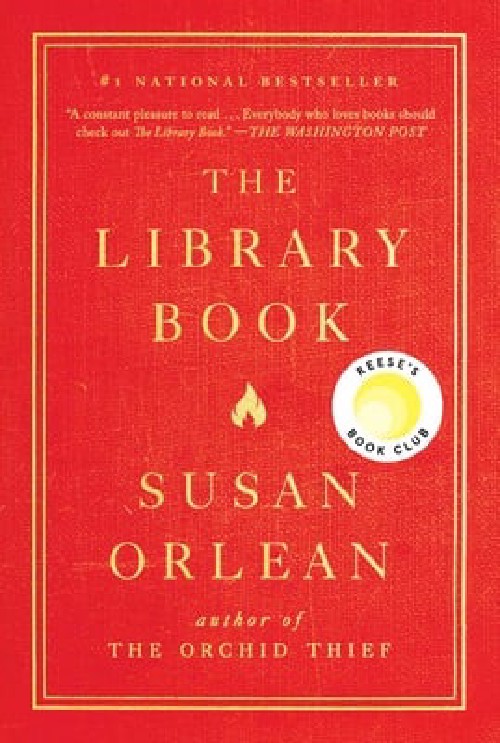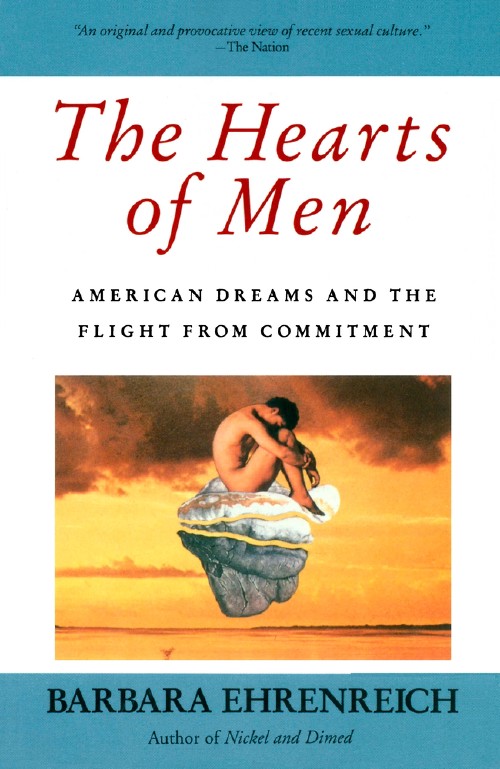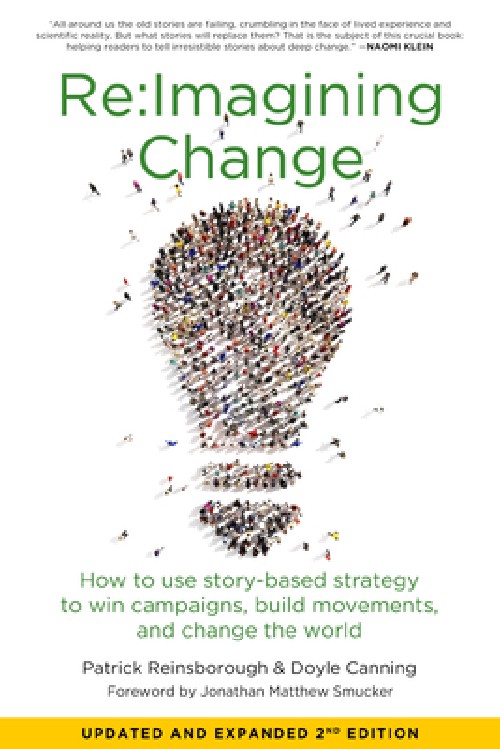Last night I attended an event at Penn led by my friend Eric Holthaus. He started out by reading a few essays he’d written naming the anxiety and grief he feels daily as he labors to report on environmental science, climate change, and other topics about our rapidly changing world. Then, he opened up space for those of us in attendance (about 15 or so) to share thoughts. And there, in the English faculty lounge at Penn, some of us named extremely personal anxieties, fears and questions. Some of us cried, some of us sat in silence, some of us nodded vigorously as another person named something we had felt but never had space to say.
I do not often walk away from events about climate change feeling better than I did when I walked in the door, but last night I did.
I don’t have many immediate thoughts, but this short post is an attempt to capture things that came out in the space. These notes represent many voices that were present, at an event facilitated by Penn’s Program in Environmental Humanities and by Eric Holthaus, so please do not concieve of this as my ideas.
We have to start talking about Climate Change
A few days before the event Eric and I were discussing the book I’m currently reading, Living in Denial, and the ways Kari Marie Norgaard explores how climate change is and is not present in the lives of the people she observes. One of the things she finds, that Eric brought up, is that people are not talking about climate change regularly. It’s not a thing that’s talked about in polite conversation. At last night’s event,we made it ok to talk about. We started with the assumption that climate change is real, that it’s bad, and our conversation was what flowed once you have started to internalize those assumptions.
A conversation that starts there immediately moves into the material, human consequences of climate change. And right now, some of those consequences are actual disasters currently happening, but for many of us in east coast cities like Philly, the current realities of living with climate change is existential dread. It’s a growing ability to think in systems and see how helpless we are as individuals. It’s an understanding that the world is rapidly changing and this is what we live with now, but we don’t know exactly what it means yet. Many in the room last night expressed that knowledge about climate change expresses itself as strong anxiety.
We did not solve anything last night. All we did was name the things we struggle with, the ways that is manfesting. Then we looked around the room and saw empathy, saw recognition, saw understanding.
Anger is a good emotion and we need to leave room for it
Someone reminded us that as we have these conversations, as more and more people begin to understand how much damage we have done, there will be anger. Anger at institutions, systems, companies, policies. That anger should not be bottled up, it needs to be expressed, and we need spaces to allow us to feel it.
Our current cultural forms of grief do not work for climate change
One man who was there eloquently expressed this point; that as a culture we expect grief to be a cycle, normally associated with the loss of a loved one, where we grieve and eventually release the grief to let life continue. But climate change disrupts those expectations. We do not currently, at least in popular American society, have the tools that seem to be required for grief being a constant process.
This is going to require imagination, work, and patience, as we develop these new tools.
Grief is not despair
Last night was heavy. We cried, we ventured forth with really complicated, emotional questions that don’t have easy answers. But the spirit of the event was a recognition that the ways climate change weighs on us is not bad, these emotions are not the enemy. We are grieving. We are trying to face the future with clear eyes. The event last night was a space where the grief could be spoken, we could sit with it and let it be and find new ways to understand it. Someone reminded us as the time went by that grief is not despair; that we were not throwing our hands up or saying we’re all fucked. Despair is an end; last night we were admitting that the future, while very unknown, is not written yet.
The joy of community and the expectation of catastrophic success
I had a few friends in the room last night, but mostly it was strangers. In this room of mostly strangers, we were not trying to persuade others that climate change is terrifying and real and LOOK AT ALL THIS SCIENCE. We were finding connection in the knowledge of those truths. And there was a real joy in finding others willing to sit with these anxieties and questions. It felt like a space that, as trust developed and connections deepened, we could find room for imagination, for exploration, for moving forward step-by-step.
Isolation is crippling, especially in the context of large-scale, global anxieties. Community – the joy of connecting with other humans – is an antidote. Last night felt, to me, like the first space I’ve encountered safe enough to exhale a bit and not let these anxieties grip me.
Eric, at one point, recounted an interview he’d done years ago with a man who has dedicated his retirement to climate change issues. This man had recognized the fact that we must prepare for worst-case scenarios, and indeed the Trump administration has decided that we should aim for the worst-case. But we should remember a key thing: humans do not progress linearly. There may not be incremental change, there may be sudden, irreversible change. And there is absolutely no guarantee that such change would be negative. It might be good change. It might be exactly the change we need.
We must – this man told Eric – be prepared for catastrophic success.
Last night was the first time I’ve encountered a space where that statement seemed anywhere within the realm of possibility.
I don’t have next steps here, these are my notes and feelings from the event. If any of this resonates with you, follow @ericholthaus on twitter for more info, or reach out to me @suchwinston if you’re in Philly and want to connect.



